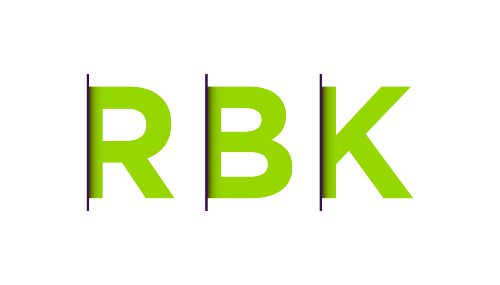Sponsored Content
As businesses get to grips with the impact of the Covid-19 pandemic, Brendan O'Donoghue, RBK's Restructuring and Insolvency Partner, highlights some key issues directors and managers need to consider.
With many viable businesses experiencing hardship at present due to the impact of the Covid-19 pandemic, an immediate priority for directors and managers in the coming weeks will be devising strategies to continue trading and protect jobs while meeting their obligations to creditors.
Directors of limited companies will be aware that they can be held personally liable for their company's debts if they allow trading to continue when they know (or ought to know) that their company is insolvent. At a time when more companies than ever face the potential risk of insolvent trading, there is an urgent need for directors to ensure that appropriate risk mitigation measures are in place.
These measures are likely to include increasing the frequency of board meetings, accurately documenting board decisions, preparing cash flow projections based on assumptions underpinning their decision to continue to trade, availing of emergency state supports such as the Temporary Wage Support Scheme, and seeking professional advice on restructuring and recovery options.
Where viable businesses are in financial difficulty, two key recovery options to consider are Examinership and Schemes of Arrangement.
Examinership Examinership is a Court-driven process that protects a business from its creditors for up to 100 days. The purpose of the protected period is to allow time to devise an arrangement for dealing with the company's liabilities. Traditionally, take-up of Examinership has been relatively low with cost a barrier, particularly for smaller entities even following changes in the Companies Act 2014 which facilitated the making of a petition for Examinership in the Circuit Court.
Schemes of Arrangement Schemes of Arrangement are more cost-effective but have also been under-utilised in recent years despite the fact that they often suit companies looking to restructure or wind down their business. These schemes facilitate an arrangement between a company and its creditors to restructure the company's liabilities over a prescribed period. The company does not necessarily need to be insolvent. While a Scheme of Arrangement does not protect a company from its creditors, if approved by 75% of creditors in value it is legally binding on the remainder.
Risk of Trading Whilst Insolvent
Where a business cannot continue to trade due to accrued arrears, loss of key staff and contracts, or inability to observe social distancing, insolvency may be necessary. While liquidators will be sensitive to the impact of the Covid-19 pandemic, they will still need to be satisfied that directors' effort to continue trading have been bona fide. Directors should bear in mind that a liquidator will not just investigate actions taken during the current crisis but will also look at actions taken in the pre-pandemic period.
In response to the Covid-19 crisis, the UK government recently published a Bill containing measures suspending wrongful trading for a 4-month period from 1 March 2020. As such, companies can continue to trade whilst insolvent without the threat of personal liability in these special circumstances. To date, no such measures have been introduced in Ireland. Consequently, directors who are concerned about the potential for insolvent trading should implement risk mitigation measures without delay.
Such measures may include increasing the frequency of board meetings, accurately documenting board decisions, preparing cash flow projections based on assumptions underpinning their decision to continue to trade, availing of emergency State supports such as the Temporary Wage Support Scheme, and seeking professional advice.
RBK Helpline
• If you are concerned about any of the issues discussed in this article, it is advisable to obtain professional advice without delay.
• RBK has recently launched a dedicated, confidential Corporate Recovery Helpline on (01) 644 0103 / corporaterecovery@rbk.ie to support directors, managers and business owners at this difficult time.












